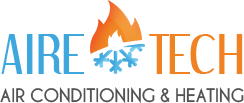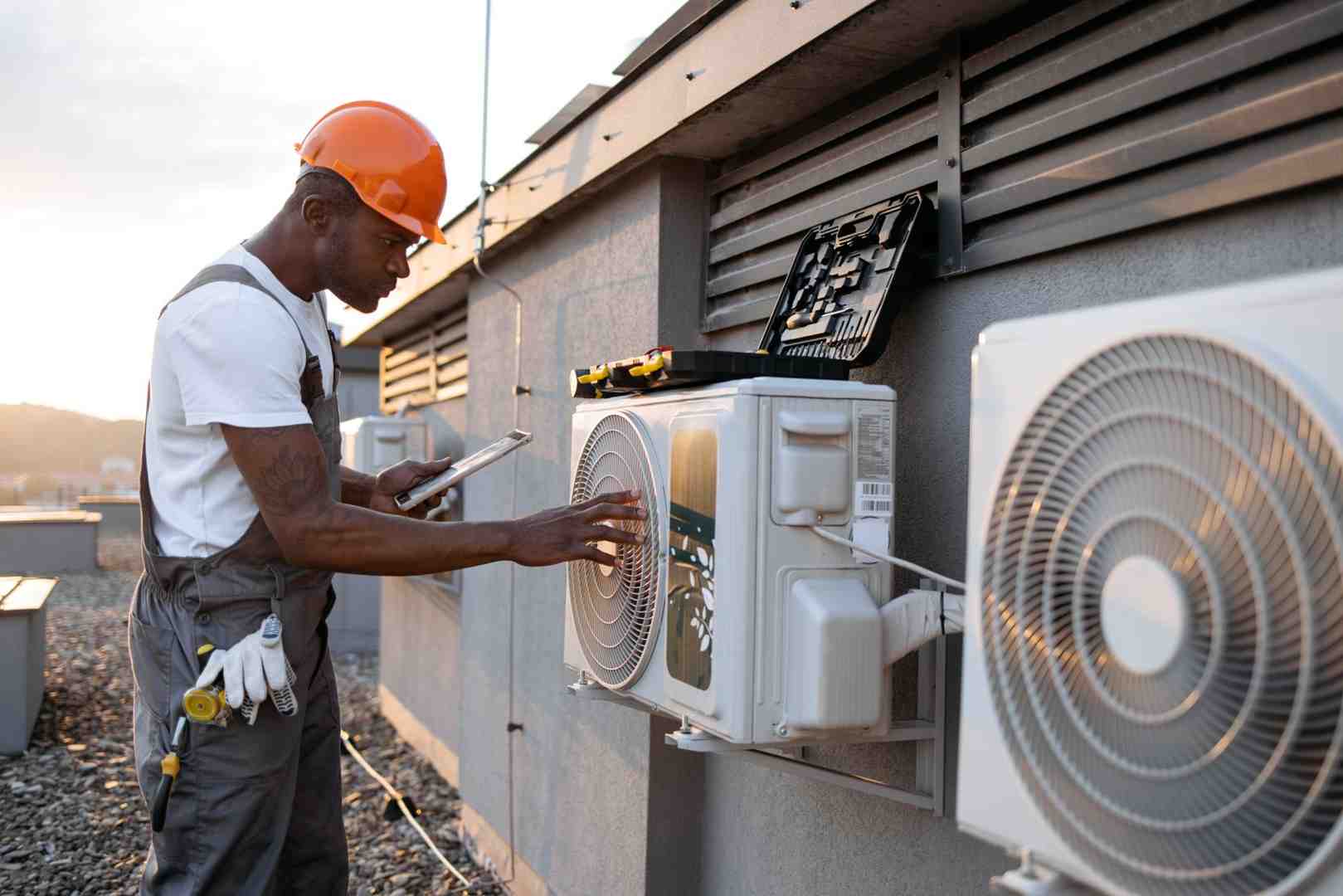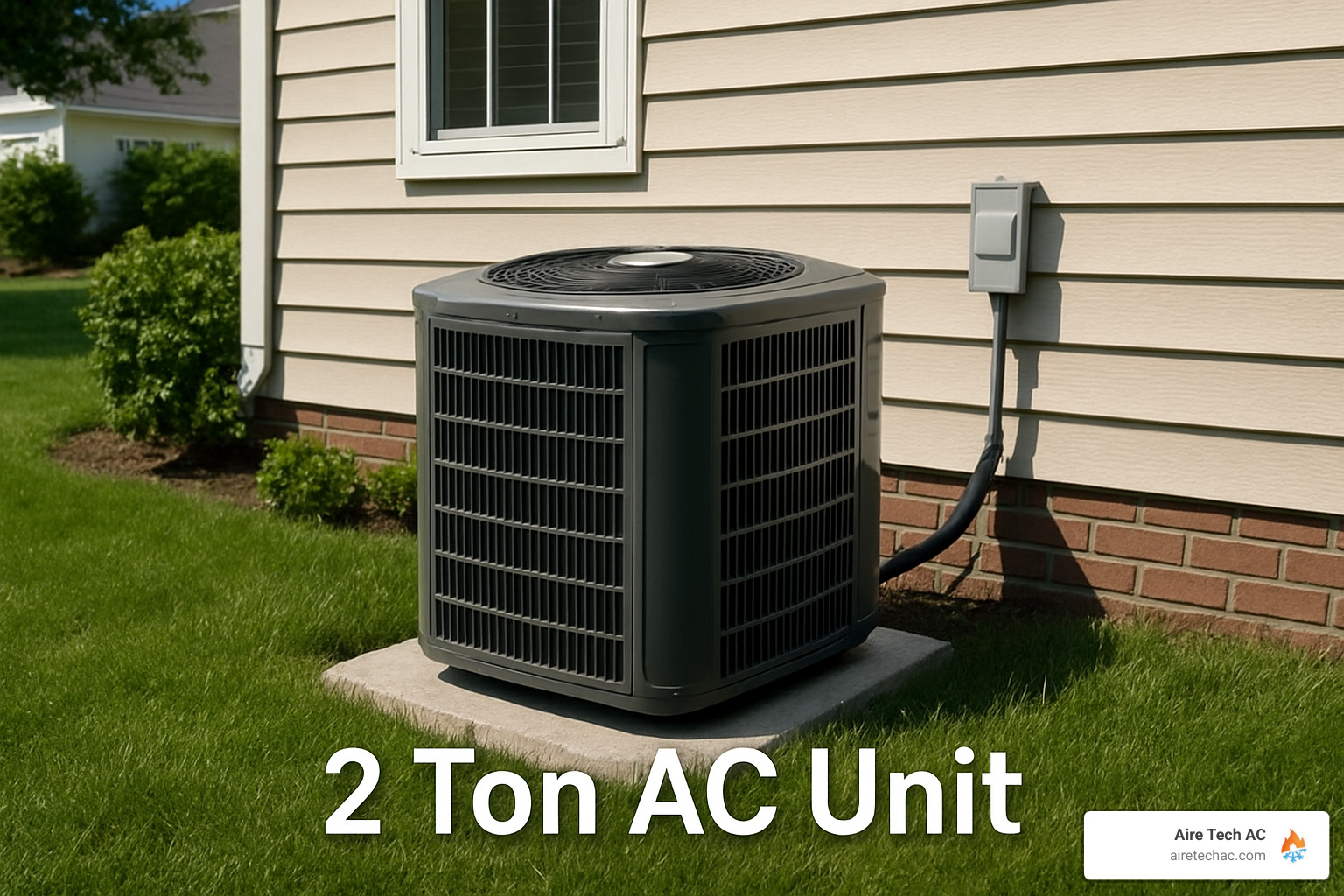Maintaining an HVAC system is essential for ensuring it operates efficiently and lasts for many years. Regular maintenance helps prevent costly repairs, improves energy efficiency, and enhances indoor comfort. By following key maintenance practices, homeowners can significantly extend the lifespan of their heating, ventilation, and air conditioning systems. From routine inspections to cleaning and servicing, these crucial steps are designed to keep the system in optimal condition, reducing the likelihood of breakdowns and ensuring it performs at its best throughout its lifetime. Neglecting proper care can lead to system malfunctions, decreased performance, and ultimately, a shorter lifespan. Taking a proactive approach to maintenance can save time, money, and stress in the long run.
Regular HVAC System Maintenance
Regular HVAC system maintenance is like giving your car a tune-up. It keeps everything running smoothly, prevents costly surprises down the road, and ensures the system operates at peak efficiency. Just as a well-maintained vehicle offers better performance and longevity, an HVAC system that is properly cared for will provide consistent comfort and energy savings over time. Routine tasks such as changing filters, cleaning coils, and scheduling professional inspections help identify and address minor issues before they become major problems. By staying on top of these essential maintenance practices, homeowners can extend the lifespan of their HVAC system, reduce the risk of unexpected breakdowns, and enjoy a more comfortable living environment year-round.
Why Maintenance Matters
Neglecting your HVAC system can lead to inefficiencies and breakdowns, especially during extreme weather. Regular maintenance helps avoid these issues by keeping your system in peak condition. It ensures your home remains comfortable without sudden spikes in energy bills.
What Regular Maintenance Includes
-
Professional Inspections and Tune-Ups: A professional technician can spot potential problems before they become major issues. They check everything from the air handler to the electrical components. For example, during a routine check, a technician might find burnt wiring in an older heat pump, saving you from a complete system failure.
-
Filter Replacements: As simple as it sounds, changing your air filters regularly is vital. Dirty filters can restrict airflow, causing your system to work harder and wear out faster.
-
Cleaning and Clearing: Dust and debris can accumulate in your system, affecting efficiency. Regular cleaning of coils and condensate lines ensures optimal performance.
-
Duct Cleaning: Clean ducts mean better airflow and indoor air quality. This simple step can extend your system’s lifespan and improve your home’s air.
Benefits of Regular Maintenance
-
Energy Efficiency: A well-maintained system uses less power, which translates to lower utility bills. One homeowner reported saving $100 monthly after upgrading and maintaining their HVAC system.
-
Extended Lifespan: Regular maintenance can add years to your HVAC system’s life, saving you money on early replacements.
-
Peace of Mind: Knowing your system is in top shape reduces the stress of unexpected breakdowns.
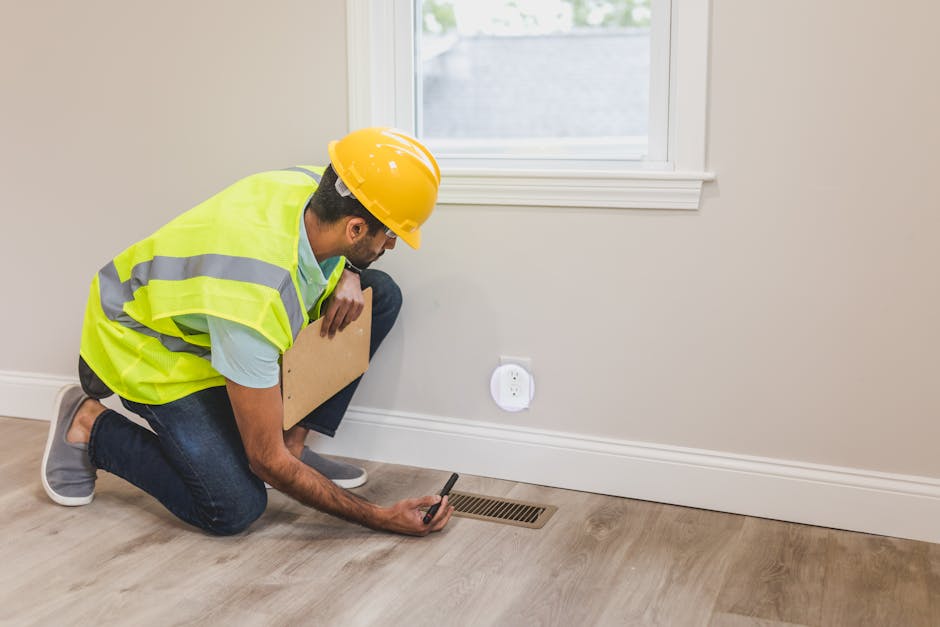
Change Air Filters Regularly
Changing your air filters regularly is one of the simplest yet most effective ways to ensure your HVAC system runs efficiently and maintains good indoor air quality.
Why Air Filters Matter
Air filters trap dust, pollen, and other particles, preventing them from circulating in your home. Over time, these filters can become clogged, reducing airflow and causing your system to work harder. This extra strain can lead to higher energy bills and even mechanical damage.
How Often to Change Your Filters
Most households should replace air filters every three months. However, if you have pets, allergies, or live in an area with high pollen levels, consider changing them monthly.
Tip: Set a reminder on your phone to keep track of when it’s time for a change.
Types of Filters
Choose filters that balance efficiency with airflow. Pleated filters are a popular choice because they offer effective filtration without overburdening your system.
Benefits of Regular Filter Changes
-
Improved Air Quality: Clean filters mean cleaner air, which is crucial for those with allergies or respiratory issues.
-
Improved Efficiency: When filters are clean, your system doesn’t have to work as hard, which saves energy and reduces wear and tear.
-
Cost Savings: Regular filter changes can save you money on both energy bills and potential repair costs.
Upgrade Your Home Insulation
Upgrading your home insulation is a smart move to extend the lifespan of your HVAC system. Good insulation keeps your home comfortable and reduces the workload on your HVAC system, leading to better energy efficiency and lower energy bills.
Why Insulation Matters
Insulation acts as a barrier to heat flow, keeping your house cooler in the summer and warmer in the winter. This means your HVAC system doesn’t have to work as hard to maintain the desired temperature, reducing strain and wear.
Benefits of Improved Insulation
-
Energy Efficiency: Proper insulation can cut your energy use significantly. According to the U.S. Department of Energy, areas without adequate insulation can consume up to 30% more energy. This means more savings for you.
-
Reduced Strain on HVAC: When your home retains temperature well, your HVAC system cycles on and off less frequently. This reduces wear and tear, potentially extending its lifespan by years.
How to Upgrade Your Insulation
-
Conduct an Energy Audit: Consider scheduling an audit with an Aire-Tech expert to identify areas needing improvement. Simple fixes like weatherstripping and caulking can be effective for minor gaps.
-
Professional Installation: For more significant issues, professional installation of high-quality insulation is recommended. This ensures your home is sealed against unwanted heat flow effectively.
-
Check Existing Insulation: If your home already has insulation, inspect it for signs of wear or damage. Over time, materials can degrade, reducing their effectiveness.
Clean Your Ducts
Your HVAC system relies on a network of ducts to circulate air throughout your home. Over time, these ducts can accumulate dust, mold, and other allergens. This buildup not only hampers airflow but can also degrade the air quality in your home.
Why Duct Cleaning Matters
Cleaning your ducts is an often-overlooked but essential part of HVAC maintenance. Over time, dust, dirt, allergens, and even mold can accumulate in the ducts, reducing airflow and causing the system to work harder. This not only affects the efficiency of your HVAC system but can also lower indoor air quality. Regularly cleaning your ducts helps ensure that your HVAC system is running at peak efficiency, improves air circulation, and promotes a healthier indoor environment. It is recommended to have your ducts professionally cleaned every few years, or more frequently if you have pets, allergies, or have recently undergone a home renovation. Taking this simple step can prevent costly repairs and keep your system running smoothly for years.
Benefits of Clean Ducts
-
Improved Airflow: Clean ducts allow for smooth air movement, reducing strain on your HVAC system. This means your system can operate more efficiently and last longer.
-
Better Indoor Air Quality: Removing dust and allergens from your ducts helps keep the air in your home fresh and clean. This is especially important for those with allergies or respiratory issues.
-
Energy Efficiency: When your HVAC system doesn’t have to work as hard to push air through clogged ducts, it uses less energy. This can lead to lower utility bills.
How to Clean Your Ducts
-
Professional Cleaning: While some homeowners attempt to clean ducts themselves, hiring professionals ensures a thorough job. Aire-Tech’s duct cleaning services use industrial-sized vacuums and specialized brushes to remove irritants and pollutants.
-
Regular Schedule: Aim to have your ducts cleaned every few years, or more frequently if you have pets or live in a dusty area.
-
Monitor for Issues: Keep an eye out for signs of duct issues, such as visible dust on vents or a musty smell in your home. These can indicate it’s time for a cleaning.
Keep Outdoor Units Clean and Clear
Keeping your outdoor HVAC unit clean and clear is crucial for maintaining the efficiency and longevity of the system. The outdoor unit, often exposed to elements such as leaves, dirt, and debris, can become clogged or obstructed, reducing airflow and making the system work harder than necessary. This can lead to overheating, increased energy consumption, and even potential damage to the unit. Regularly inspect the area around the outdoor unit, removing any debris, leaves, or vegetation that may have accumulated. Additionally, ensure that there is at least two feet of clear space around the unit to allow for proper airflow. By keeping the outdoor unit clean and free from obstructions, you help your HVAC system run more efficiently, reduce the risk of breakdowns, and extend its lifespan.
Why Outdoor Unit Maintenance Matters
The outdoor unit plays a vital role in your HVAC system by expelling heat from your home, making it essential for efficient cooling. If the unit becomes clogged with debris, such as leaves, dirt, or grass, it cannot expel heat effectively, leading to reduced performance and increased energy costs. A clogged outdoor unit forces the system to work harder, which not only raises your energy bills but also puts extra strain on the components, potentially shortening its lifespan. Regularly inspect and clean the area around the unit to ensure there is no obstruction to airflow. Trim any nearby vegetation and remove any debris that may block the unit. Keeping the outdoor unit clean and clear of obstacles helps maintain optimal performance, reduces the likelihood of costly repairs, and ensures the system runs smoothly throughout the year.
Steps to Keep Your Outdoor Unit in Top Shape
-
Clear Debris Regularly: Check your unit for leaves, grass clippings, and other debris. These can block airflow, forcing your system to work harder. Trim back any plants or shrubs at least two feet away to ensure proper airflow.
-
Inspect for Dirt and Pollen: Over time, dirt and pollen can accumulate on the unit. Use a garden hose to gently rinse off the exterior. Avoid using high-pressure washers, as they can damage the fins.
-
Check for Physical Damage: Look for bent or damaged fins, which can impede airflow. A fin comb can be used to straighten them out. If you notice significant damage, it might be time to call in a professional.
-
Cover in Harsh Weather: If you live in an area with extreme weather, consider covering your unit during the off-season. This can protect it from snow, ice, and falling debris, reducing the risk of rust and other damage.
Frequently Asked Questions about HVAC Maintenance
What is the $5000 rule for HVAC?
Deciding whether to repair or replace your HVAC system can be tricky. The $5000 rule is a helpful guideline. Multiply the age of your HVAC unit by the cost of the repair. If the total is more than $5000, it’s usually more cost-effective to replace the system. For example, if your 10-year-old unit needs a $600 repair, that’s $6000 in total, which suggests replacement might be the smarter choice.
How often should you service your HVAC system?
Regular service is key to a long-lasting HVAC system. Experts recommend a professional inspection at least once a year. Ideally, schedule tune-ups at the start of each heating and cooling season. This ensures your system is ready for the demands of summer and winter.
How long do HVAC systems typically last?
The lifespan of HVAC systems varies by type and maintenance level. On average, central air conditioning units last 12 to 17 years. Heat pumps have a lifespan of 10 to 16 years, while furnaces and boilers can last 15 to 20 years. Geothermal heat pumps and solar systems often last 25 to 30 years. Regular maintenance can extend these lifespans, giving you more years of efficient service.
Call Aire Tech Today!
Extending the lifespan of your HVAC system is not just about saving money—it’s about ensuring comfort and efficiency in your home. At Aire Tech AC, we understand how crucial it is to keep your HVAC system running smoothly. Our commitment to top-notch customer service means we’re always here to help you with all your HVAC needs.
Regular maintenance is key. By scheduling inspections and tune-ups with us, you’re taking a proactive step towards a more efficient and longer-lasting system. Simple actions like changing air filters and keeping your outdoor unit clean can make a big difference. These small efforts can prevent major issues down the line.
We also recommend considering upgrades like a programmable thermostat and improved home insulation. These improvements not only reduce wear and tear on your system but also improve energy efficiency, which can lead to significant savings on your utility bills.
Every HVAC system will eventually need replacing, but with the right care, you can delay that day for as long as possible. When it’s time for a new system, our team at Aire Tech AC is ready to guide you through the process. We offer expert advice and installation services to ensure you get the most suitable system for your home.
For more information on how we can help extend the lifespan of your HVAC system, visit our Air Conditioning Services in Riverside, CA. Let’s work together to keep your home comfortable and efficient for years to come.

